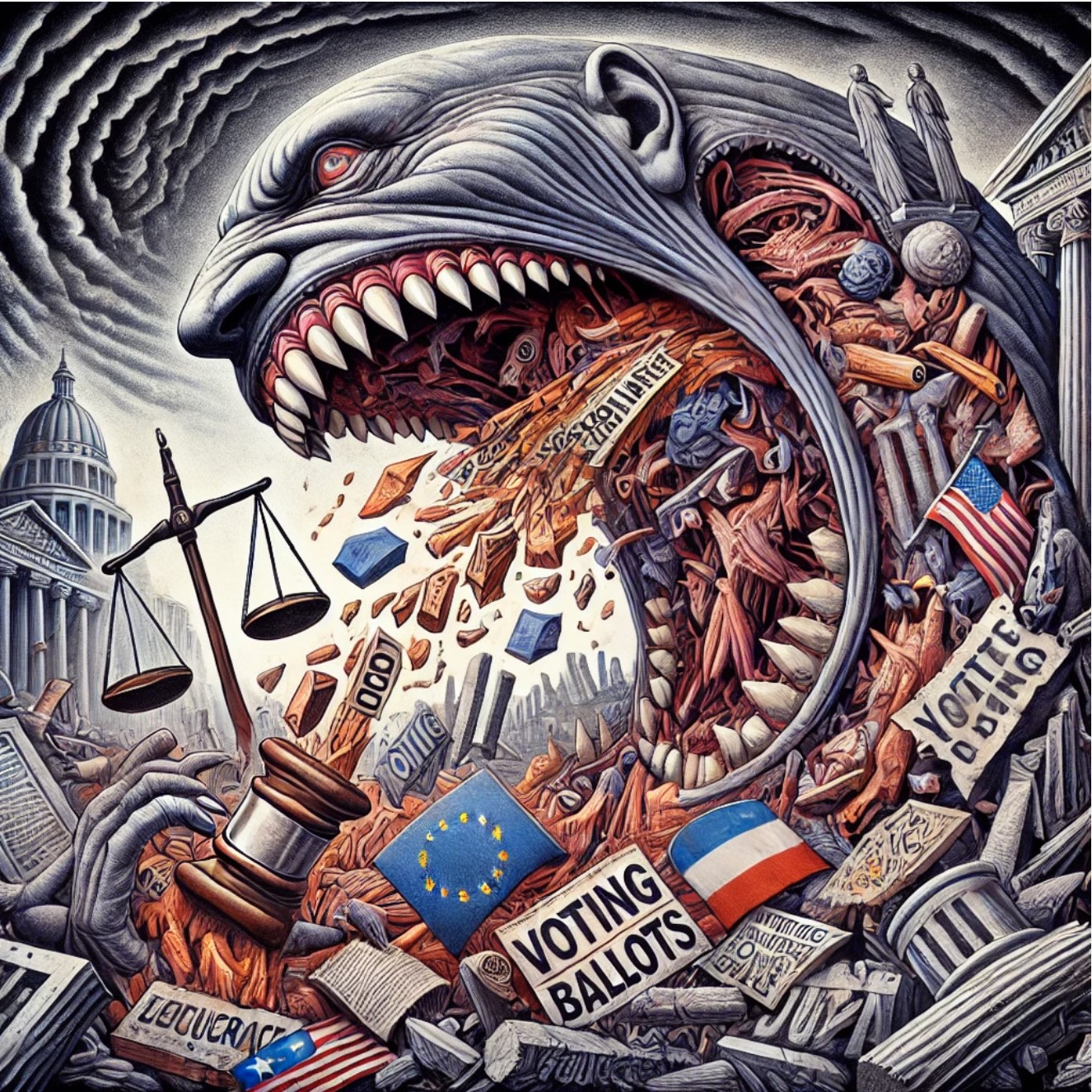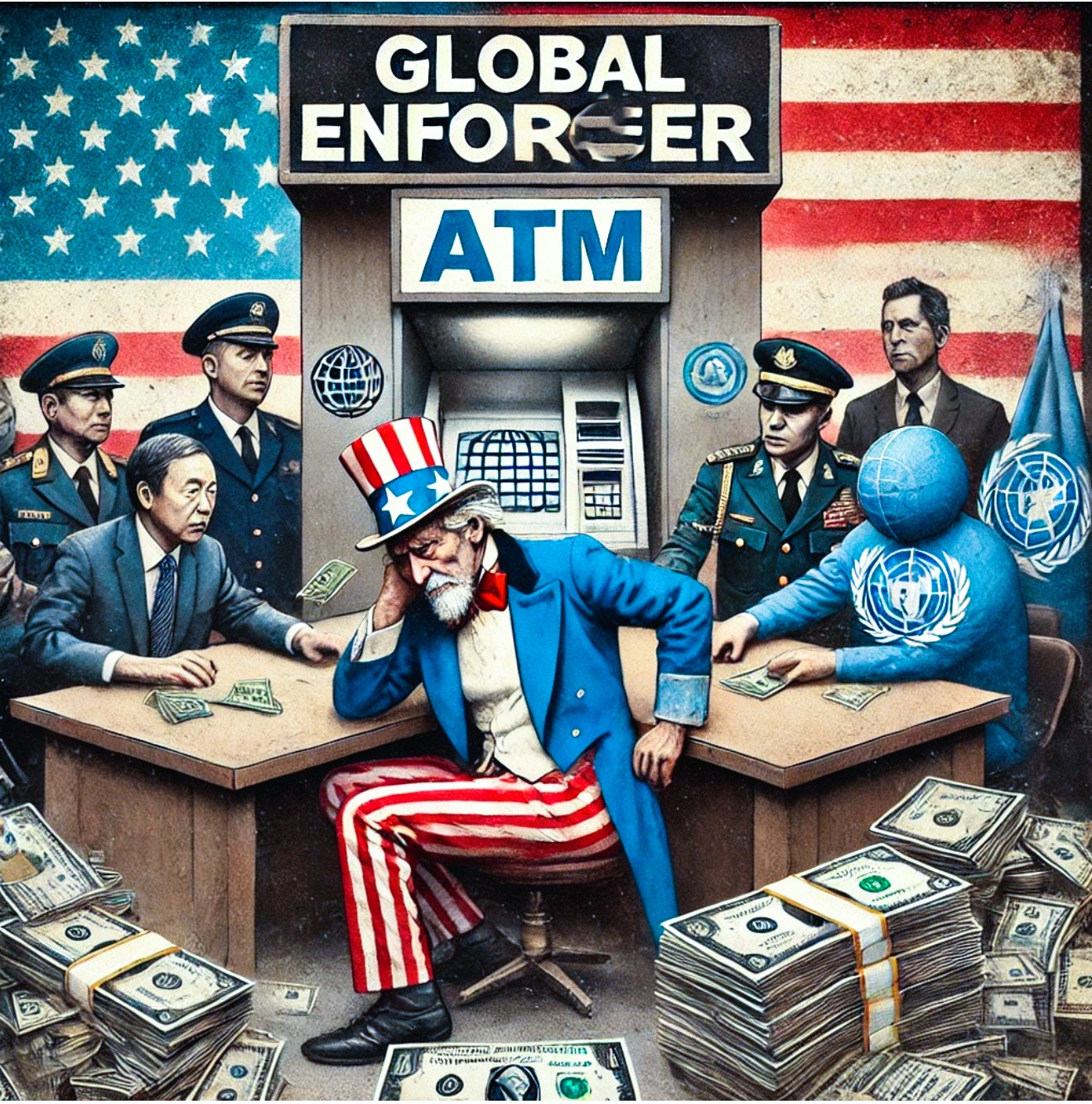
The First Fiat to Fall
Central bankers think they wield the Ring of Power over price.
But price will not be denied. It will always have its way.
The BOJ just tested its ability to defend the price of Yen on foreign exchange markets and failed spectacularly.
A mere 25 basis point hike in interest rates, from 0% to .25%, triggered the largest single-day percentage loss for the Nikkei stock index since 1987 and sparked a global equity sell-off as hedge funds around the world unwound hyper-leveraged long positions funded by cheap yen borrowing.
This is the carry trade that you’ve heard so much about.
For at least two decades, hedge funds have borrowed Yen for essentially no cost and then converted those Yen to whatever currency they need to buy stocks, usually the U.S. dollar.
But the BOJ’s hike raised the cost of the carry-trade. And the market’s reaction shows just how little wiggle room traders have for higher borrowing costs when they take on massive amounts of leverage.
It’s also the recipe for global financial contagion.
They Asked for It
It was the BOJ that unleashed quantitative easing upon the world, introducing the policy of buying long-term bonds to control the entire yield curve in 1998.
For decades, Japan has tried to inflate its structurally weak economy through debt and cheap money. It wasn’t until the COVID lockdowns re-engineered supply chains that they actually got what they wanted.
Since 2007, overnight interest rates in Japan have been negative (okay, so they hiked them to 0% in March).
The Yen has been the go-to source for leverage ever since.
But that long span of cheap money created habits that can’t be broken easily.
Because the BOJ finds itself in a trap of its own making.
The Iron Law of Money
Running a modern economy requires, above all else, free capital flows.
That way money and goods can flow unencumbered to ease investment and trade.
Unavoidably, however, this requires a country’s citizens to find ways to be globally competitive. An absolute advantage isn’t necessary, but the population must at least have some comparative advantage it can exploit to add value. (Here’s a good primer on the difference between the two.)
Global competitive conditions also change, though. That demands adaptation.
But voters tend to resist adaptation. When manufacturing steel, growing sugar or corn, building cars, or any number of economic activities becomes uncompetitive, people tend to whine to politicians rather than find something else productive to do.
It’s easier to beg for help than learn how to push a button on a different assembly line…
And it’s this groveling that empowers politicians (and central bankers) to do something – anything – to shift that competitive burden onto someone else.
One way to shift the burden is through tariffs, which are now a realistic political weapon in the U.S.
But the more politically expedient way is to let central banks play with money. They buy and sell debt to bring interest rates in line with their grand designs. But you can’t move the price of money without moving its price relative to other forms of money—i.e., the exchange rate.
When the exchange rate goes too far in the wrong direction, intervention begins its tempting call to central bankers.
But heeding that call runs them headfirst into a trilemma that serves as an Iron Law limiting money and its price.
You Need Three Lemmas to Make Lemma-nade
This trilemma is called the Impossible Trinity.
It states that, in an economy with free capital flows, you can manage your exchange rate or interest rates but not both.

The Bank of Japan is managing interest rates through bond purchases intended to peg 10-year yields at 1% (not that there are very many left to buy). They buy the bonds with newly printed yen, thereby increasing the supply of yen on the market.
The increasing supply drives down the yen’s exchange rate and drives up the price of imports. This is the natural way of things.
The Bank of Japan should be pleased because they have tried for 30 years to manufacture inflation. But they’re not. And like a game of whack-a-mole for morons, they buy back the yen they just printed hoping to have their cake and eat it too.
But price will have its way and the yen will soon reflect the value of the hollowed-out economy that supports it.
Editor’s Note: Want more Big Picture perspective. Join The Capital List here.
Think Free. Be Free.
Don Yocham, CFA
Managing Editor of The Capital List
Related ARTICLES:
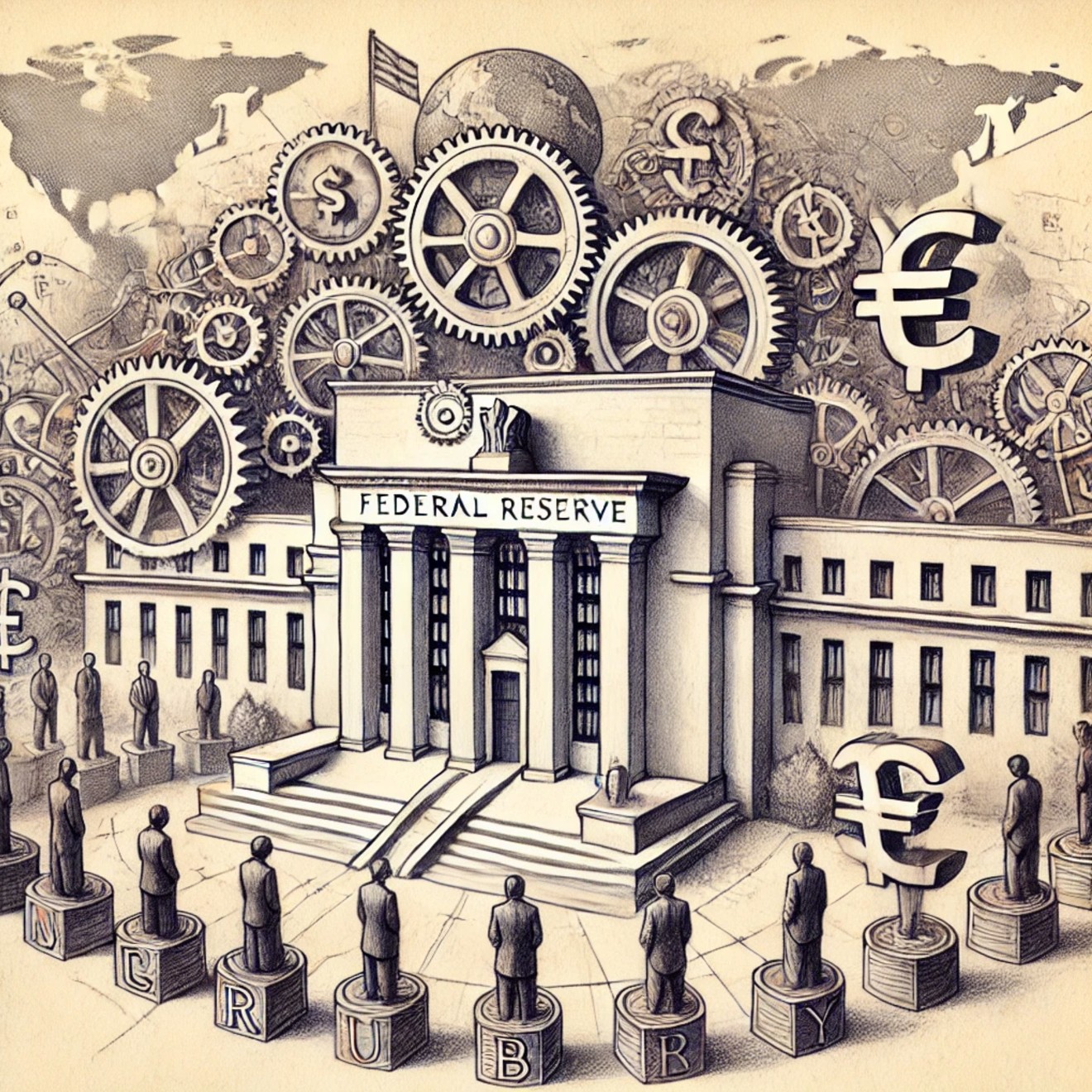
Adjusting to the Fed’s New Reality
By dustin
Posted: November 15, 2024
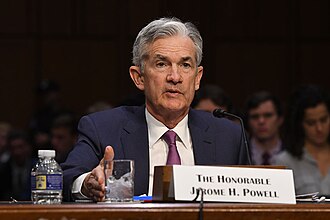
Flawed Motive Behind the Fed’s Rate Cut Agenda
By dustin
Posted: August 27, 2024
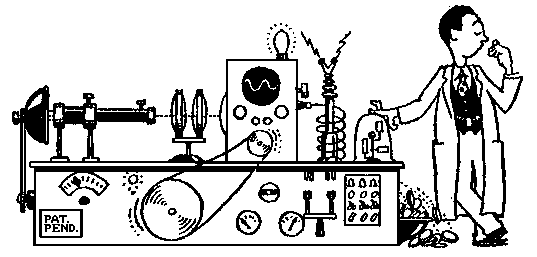
The Central Flaw of Central Bankers
By dustin
Posted: August 16, 2024

The First Fiat to Fall
By dustin
Posted: August 7, 2024

Always Look Cool
By dustin
Posted: August 5, 2024
FREE Newsletters:
"*" indicates required fields



